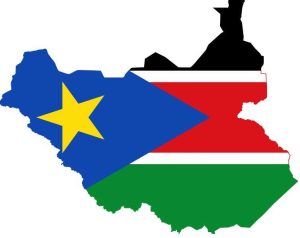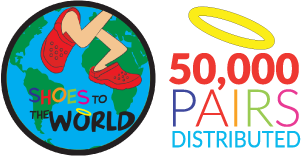With its lifegiving waters of the Nile, fertile terracotta soil, and the potential for oil wealth, South Sudan is well positioned to rebound and flourish on its own. Yet the people desperately need our help. Much can be learned from South Sudan’s heartbreaking circumstances, in trying to pursue peace and reconciliation rather than acting on desires of personal gain and retaliation.
South Sudan

South Sudan, one of the most ethnically-diverse places in the world consisting of over 60 indigenous languages, became an independent nation in 2011. Even after Africa’s longest-running conflict ended with a 2005 peace treaty, that vast diversity combined with the high-poverty rate and magnified by the deep, untapped natural resources has led to an oft-violent political power struggle the last several years. After its independence, fighting reignited in 2013 between the remaining tribes all jockeying to secure a share of the pie in the new government, economy and military. Nevertheless, the Southern Sudanese people continue striving towards lasting peace within their borders. US advocates continue helping to further deescalate violence in the region, building on their hard work to facilitate peace between northern and southern Sudanese peoples.
All this turmoil can be traced back to when Sudan achieved its independence from British and Egyptian rule in 1956. For almost 50 years after Sudanese independence, the region was plagued by two civil wars – primarily between the largely Arab and Muslim north and rebels in the mainly Christian south of Sudan – fueling widespread poverty and violence. Sudan – especially Southern Sudan – “suffered serious neglect, a lack of infrastructural development, and major destruction and displacement.” The resulting potential for wealth and power in the new country without structure stoked the flames of a long-standing culture of ethnic warfare, slavery and raiding.

Earlier this year, Father James Oyet Latansio described South Sudan to The Guardian as “a nation interrupted”, as civil war broke out only two years after their independence; and to-date has killed more than 400,000 people and driven nearly 4 million people from their homes, breaking up families and disrupting the education of generations. About 7 million people, more than half the population, are now dependent on humanitarian aid for their survival, according to the UN.
Yet, progress has been made towards civil collaboration and there’s plenty to be hopeful about. In 2015, the government amended the constitutional 10 states to be divided into 28 states largely along ethnic lines, and up to 32 in 2017. Then a new peace deal was made in the fall of 2018.
We not only want to bring shoes and hope to South Sudan, but also help promote the value of a culture of love, friendliness and trust.
Please consider Shoes to the World the next time you’re looking to make a difference in the world with your resources. As always, 100% of your donation will go to shoes for these people in need.


Post a comment